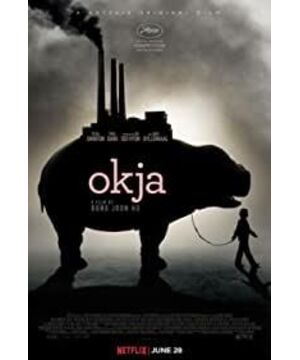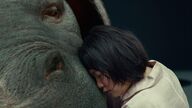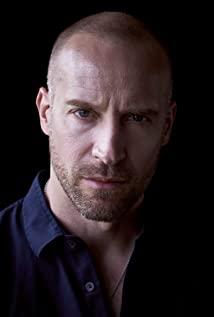Meizi saw the tragic scenes in the slaughterhouse. In the end, she could only exchange the golden pig for Yuzi. The film did not choose to make Meizi the hero who saved them, but let her be kind and do what she could to save a little pig. I think this is the best fusion of the ideal and the edge of reality. We can be heroes to a small group of people in ordinary life, we can be, but maybe only. Tamako lost control, biting Miko's entire arm, Jay chose to swing the stick at Tamako, and Miko caught the must-ache with her bare hands. To animal advocate Jay, Yuko is an animal, and to Miko, who has always lived with Yuko, Yuko is a family member. I'm not trying to talk about the Virgin Mary, I'm just curious, as an animal protector, do they protect animals because they believe that animals have the same living dignity as human beings, or are they not taking Comparing animals to humans, but just comparing injured animals to uninjured animals? Which standard do they use as a reference?
At the beginning of the film, Miko is dressed like a carefree tomboy, but at the end of the film she puts on a clean dress. Does this imply that Yuko has learned something from these things and has changed her mind?
Finally, Miko and Tamiko who have experienced all this, can they really feel happy?
View more about Okja reviews











